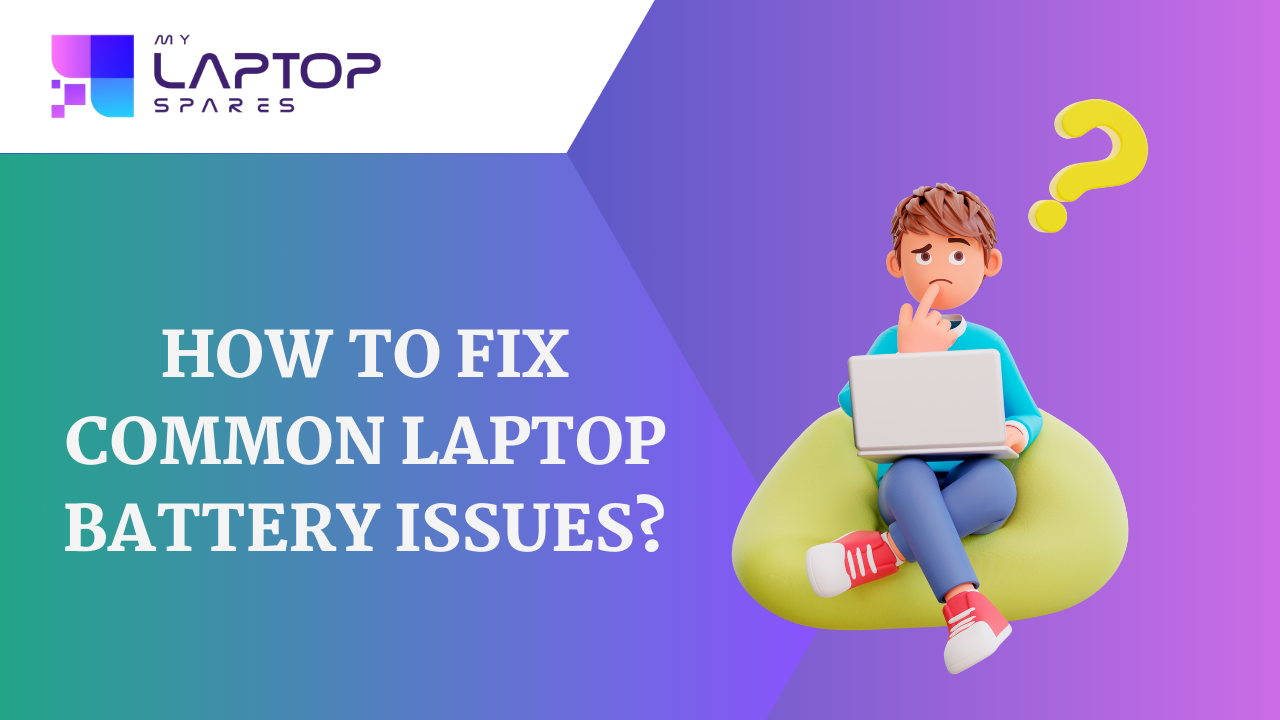
Blockchain in Nigeria: Current Trends and Future Prospects
9jatechbros
- 0
- 41
Blockchain technology has been making waves globally, and Nigeria is no exception. Known primarily as the underlying technology for cryptocurrencies like Bitcoin and Ethereum, blockchain offers much more. It promises transparency, security, and efficiency in various sectors, making it a hot topic for tech enthusiasts and professionals alike. In this blog post, we’ll explore the current trends in blockchain technology in Nigeria and delve into its future prospects.
Understanding Blockchain Technology in Nigeria
Before diving into the specifics of Nigeria, let’s briefly explain what blockchain is. Blockchain is a digital ledger of transactions that is distributed across a network of computers. Each block in the chain contains a list of transactions, and once a block is added to the chain, it cannot be altered. This ensures transparency and security, as every transaction is recorded and can be verified by anyone on the network.
Current Trends in Blockchain Technology in Nigeria
1. Growing Interest in Cryptocurrencies:
– Cryptocurrencies are the most well-known application of blockchain technology. In Nigeria, there has been a significant increase in the adoption of cryptocurrencies. Bitcoin, Ethereum, and other cryptocurrencies are becoming popular for various reasons, including investment opportunities, remittances, and as a hedge against currency devaluation.
– The Central Bank of Nigeria (CBN) initially banned banks from dealing in cryptocurrencies in 2017, but this hasn’t stopped Nigerians from embracing digital currencies. In fact, Nigeria is one of the leading countries in terms of cryptocurrency trading volume.
2. Rise of Blockchain Startups:
– Nigeria is home to several innovative blockchain startups that are making strides in various industries. For example, companies like BuyCoins and BitPesa are providing cryptocurrency exchange services, enabling Nigerians to buy, sell, and trade digital currencies with ease.
– Other startups like KurePay are focusing on payment solutions using blockchain, while companies like FarmChain are leveraging blockchain for agricultural supply chain management. These startups are not only creating job opportunities but also driving the adoption of blockchain technology across different sectors.
3. Blockchain in Financial Services:
– The financial sector in Nigeria is seeing a growing interest in blockchain technology. Banks and financial institutions are exploring ways to use blockchain to enhance transparency, reduce fraud, and improve efficiency in transactions.
– For instance, blockchain can be used to streamline cross-border payments, making them faster and cheaper. It can also be employed in identity verification processes, ensuring that customer data is secure and cannot be tampered with.
4. Government Initiatives and Regulations:
– The Nigerian government is gradually recognizing the potential of blockchain technology. In 2020, the National Information Technology Development Agency (NITDA) released a draft framework for blockchain adoption in Nigeria. The framework aims to create an enabling environment for blockchain development and adoption in the country.
– Additionally, the Securities and Exchange Commission (SEC) has been working on regulations for digital assets, which include cryptocurrencies and other blockchain-based financial instruments. These regulations are expected to provide clarity and security for investors and businesses operating in the blockchain space.
5. Educational and Training Programs:
– To support the growing interest in blockchain technology, several educational institutions and training programs have emerged. Universities like the University of Nigeria, Nsukka, and the Federal University of Technology, Minna, have introduced blockchain courses and research programs.
– Moreover, organizations like the Blockchain Nigeria User Group and the Blockchain Education Network Nigeria are providing training and resources to help individuals and businesses understand and implement blockchain technology.
Future Prospects of Blockchain in Nigeria
1. Financial Inclusion:
– One of the most promising prospects of blockchain technology in Nigeria is its potential to improve financial inclusion. A significant portion of the Nigerian population remains unbanked or underbanked, lacking access to essential financial services. Blockchain can bridge this gap by providing secure and affordable financial solutions.
– For example, decentralized finance (DeFi) platforms, which operate on blockchain, can offer financial services like lending, borrowing, and savings without the need for traditional banks. This can empower individuals in remote and underserved areas to access financial services and participate in the economy.
2. Supply Chain Management:
– Blockchain technology can revolutionize supply chain management in Nigeria. By providing a transparent and immutable record of transactions, blockchain can ensure the authenticity and quality of products throughout the supply chain.
– This is particularly relevant in sectors like agriculture, where issues like counterfeit products and lack of traceability are common. With blockchain, farmers can track the journey of their produce from farm to market, ensuring that consumers receive genuine and high-quality products.
3. Healthcare:
– The healthcare sector in Nigeria can also benefit from blockchain technology. Blockchain can be used to securely store and share patient records, ensuring that medical data is accurate and accessible to authorized healthcare providers.
– Additionally, blockchain can help in the fight against counterfeit drugs by providing a transparent and tamper-proof record of the pharmaceutical supply chain. This can ensure that patients receive genuine medications, improving healthcare outcomes.
4. Real Estate:
– The real estate sector in Nigeria is plagued by issues like fraud and lack of transparency in property transactions. Blockchain can address these challenges by providing a secure and transparent platform for recording property transactions.
– With blockchain, property titles can be digitized and securely stored, reducing the risk of fraud and ensuring that property ownership is clear and verifiable. This can streamline property transactions and boost confidence in the real estate market.
5. Voting and Governance:
– Blockchain technology has the potential to enhance transparency and trust in the electoral process. By providing a tamper-proof record of votes, blockchain can ensure that elections are free and fair.
– In Nigeria, where electoral fraud and manipulation are common concerns, blockchain-based voting systems can restore confidence in the democratic process. Additionally, blockchain can be used for transparent and accountable governance, enabling citizens to track government spending and initiatives.
6. Energy and Utilities:
– Blockchain can also play a role in the energy and utilities sector in Nigeria. By providing a transparent and efficient platform for energy trading, blockchain can enable peer-to-peer energy transactions and optimize the use of renewable energy sources.
– Moreover, blockchain can be used to improve the efficiency of utility services like water and electricity supply. By providing a secure and transparent record of usage and payments, blockchain can reduce fraud and ensure that services are delivered efficiently.
Challenges and Considerations
While the future of blockchain technology in Nigeria looks promising, there are several challenges and considerations to keep in mind:
1. Regulatory Uncertainty:
– The regulatory landscape for blockchain and cryptocurrencies in Nigeria is still evolving. While there have been positive steps towards creating a supportive environment, there is still a lack of clear and comprehensive regulations.
– Businesses and investors in the blockchain space need clarity and certainty to operate confidently. It is crucial for regulators to develop and implement clear guidelines that promote innovation while ensuring consumer protection and security.
2. Infrastructure and Connectivity:
– Blockchain technology relies on internet connectivity and digital infrastructure, which can be limited in some parts of Nigeria. To fully harness the potential of blockchain, it is essential to invest in improving digital infrastructure and expanding internet access across the country.
– Additionally, blockchain networks require significant computational power and energy consumption. Ensuring that the necessary infrastructure is in place and addressing energy consumption concerns are critical for the sustainable adoption of blockchain technology.
3. Education and Awareness:
– Despite the growing interest in blockchain, there is still a lack of widespread understanding and awareness of the technology. Educating the public, businesses, and policymakers about the benefits and applications of blockchain is essential for its adoption and integration.
– Training programs, workshops, and awareness campaigns can help demystify blockchain and encourage its adoption across different sectors.
4. Cybersecurity Risks:
– While blockchain technology is inherently secure, it is not immune to cybersecurity risks. Attacks on blockchain networks, such as 51% attacks and smart contract vulnerabilities, can undermine the security and trust in the system.
– Ensuring robust cybersecurity measures and continuous monitoring of blockchain networks is essential to mitigate these risks and maintain the integrity of the technology.
Conclusion
Blockchain technology is poised to transform various sectors in Nigeria, offering numerous benefits such as transparency, security, and efficiency. The current trends indicate a growing interest and adoption of blockchain in areas like cryptocurrencies, financial services, and supply chain management. The future prospects are even more exciting, with potential applications in financial inclusion, healthcare, real estate, voting, and more.
However, to fully realise the potential of blockchain technology, it is crucial to address challenges such as regulatory uncertainty, infrastructure limitations, and cybersecurity risks. By creating a supportive regulatory environment, investing in digital infrastructure, and promoting education and awareness, Nigeria can harness the power of blockchain to drive innovation and economic growth.
As blockchain technology continues to evolve, it is essential for stakeholders, including the government, businesses, and individuals, to collaborate and explore its potential. The journey towards a blockchain-powered future may be challenging, but the rewards are well worth the effort. With the right approach and commitment, Nigeria can become a leader in blockchain innovation and create a more transparent, efficient, and inclusive economy.



